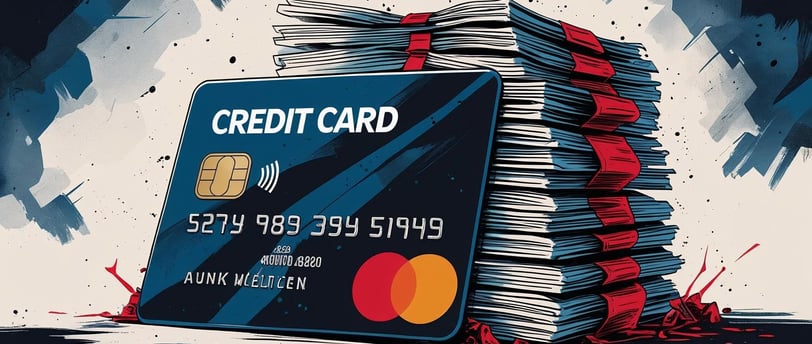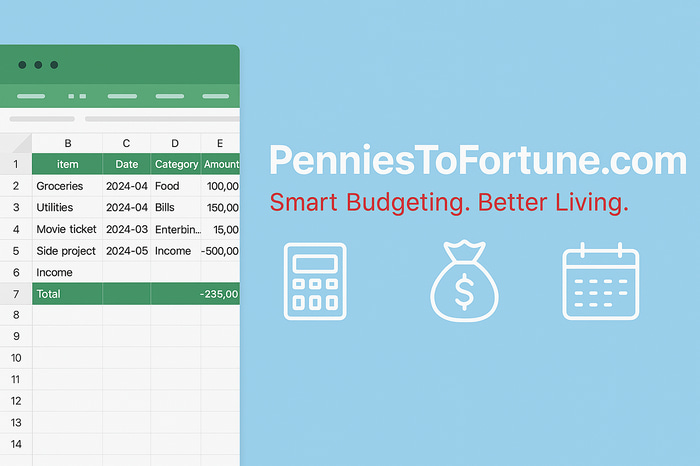Unlock savings with our exclusive discounts!
Effective Strategies to Quickly Pay Off Credit Card Debt on a Salaried Income
5/27/20252 min read


Understanding Credit Card Debt
Credit card debt can be a significant financial burden, impacting one's credit score and overall financial health. For individuals on a salaried income, managing and eliminating this debt can seem like an overwhelming task. However, with strategic planning and disciplined financial habits, it is entirely possible to pay off credit card debt quickly.
Assessing Your Financial Situation
The first step in tackling credit card debt is to take a comprehensive look at your financial situation. List down all your credit card balances, the interest rates on each card, and your monthly salary. This assessment will help you understand how much money you can allocate monthly towards paying off the debt. It is essential to differentiate between essential expenses and discretionary spending. This will provide insights into how much you can realistically spare for debt repayment.
Effective Strategies to Reduce Credit Card Debt
Once you have a clear view of your financial standing, you can implement several strategies. One of the most effective methods is the avalanche method, where you focus on paying off the credit card with the highest interest rate first. This approach minimizes the total interest you will pay over time.
Alternatively, the snowball method may appeal to those who need quick wins to maintain motivation. Here, you pay off the smallest balance first, regardless of the interest rate, which can provide emotional satisfaction and encourage more aggressive debt repayment.
Additionally, consider consolidating your credit card debts into a single loan with a lower interest rate. This can simplify payments and potentially reduce the amount of interest you pay overall. Furthermore, always strive to make more than the minimum payment to reduce the principal quicker and save on interest costs.
Creating a Dedicated Repayment Plan
To effectively manage credit card debt, creating a dedicated repayment plan is crucial. Establish a monthly budget that outlines your income and fixed expenses, ensuring you allocate a portion specifically for debt repayment. Automating payments can also ensure you never miss a due date, thus avoiding late fees and unexpected interest rate hikes.
Moreover, consider utilizing any extra income or bonuses, such as tax returns or salary increments, toward paying down credit card debt. Small adjustments and commitments can have a substantial impact over time.
Maintaining Financial Discipline
Finally, maintaining financial discipline is critical in this journey. Avoid accumulating new debts by eliminating unnecessary credit card usage and adopting healthier spending habits. Keep credit cards for emergencies only and explore alternative payment methods for regular purchases.
In conclusion, while it may be challenging to pay off credit card debt on a salaried income, effective strategies, strict budgeting, and disciplined financial behavior can make it achievable. By carefully assessing your financial situation and implementing a focused repayment plan, you can pave the way for a debt-free future.
